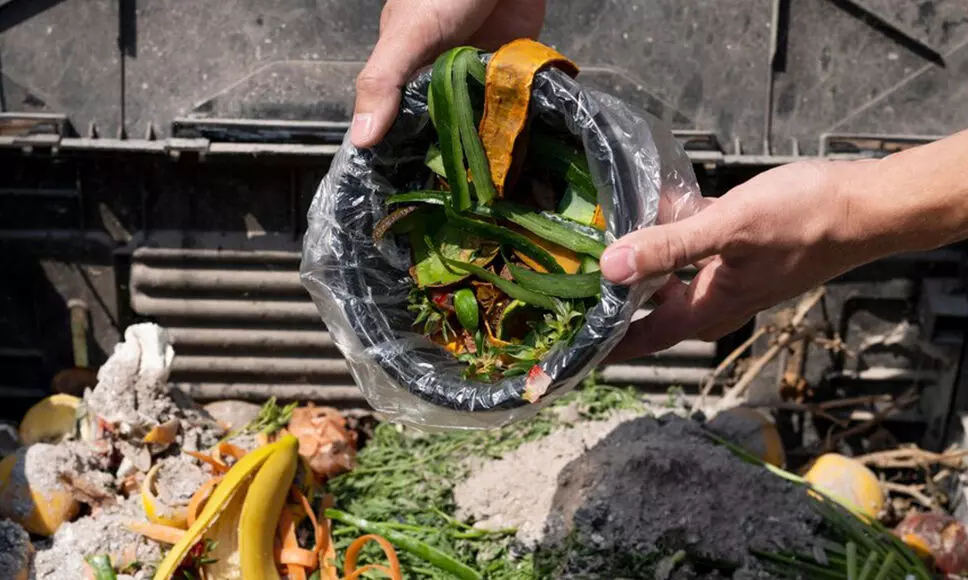UNEP Food Waste Index Report 2024 - Nearly 20% of Food Never Consumed which is One-Fifth of all Available Food
The alarming realities of global food waste unveiled by the UNEP Food Waste Index Report 2024. Nearly one-fifth of all food is wasted annually.
image for illustrative purpose

The latest UNEP Food Waste Index Report sheds light on a concerning global issue: food waste. In 2022 alone, a staggering 1.05 billion tonnes of food, including parts that are inedible, were wasted worldwide. Shockingly, this amounted to nearly one-fifth of all the food available for consumers. On average, each person wasted about 79 kilograms of food annually in households globally, with India's per capita waste slightly lower at 55 kilograms per year.
The economic impact of this wastage is immense, estimated at around $1 trillion. Despite such waste, 783 million people still suffer from hunger, and a third of the world faces food insecurity. Surprisingly, food waste isn't solely a problem in affluent countries, as evidenced by similar waste levels across different income brackets. These concerning food waste trends highlighted in UNEP report highlight the urgent need for global action to address this issue.
Households contribute the most to food waste, accounting for 60% of the total, followed by food services (28%) and retail (12%). Interestingly, countries with warmer climates tend to generate more household food waste, likely due to higher consumption of perishable foods and inadequate cold storage. The impact of food waste on both the economy and the environment is significant, emphasizing the importance of addressing this issue through targeted interventions and policy measures.
Comparing data from 2022 with the previous report from 2019, it's alarming to see an increase in per capita household food waste globally, from 74 kilograms to 79 kilograms, and in India from 50 kilograms to 55 kilograms per capita per year. The Maldives had the highest household food waste per capita in 2022 at 207 kilograms.
UNEP's Executive Director, Inger Andersen, aptly calls food waste a "global tragedy" with significant environmental consequences. Food waste contributes 8-10% of annual global greenhouse gas emissions, significantly impacting climate and biodiversity. It is important to tackle food waste in urban areas to mitigate these effects and promote sustainability on a local and global scale.
Encouragingly, efforts are underway to address this issue, with some countries incorporating food waste reduction strategies into their climate plans. However, many nations, particularly those with fewer resources, lack adequate systems for food waste management.
The Food Waste Index report serves as a vital tool for countries to monitor and tackle food waste, urging them to integrate solutions for minimizing food waste
into their climate plans to meet Sustainable Development Goal targets by 2030.

